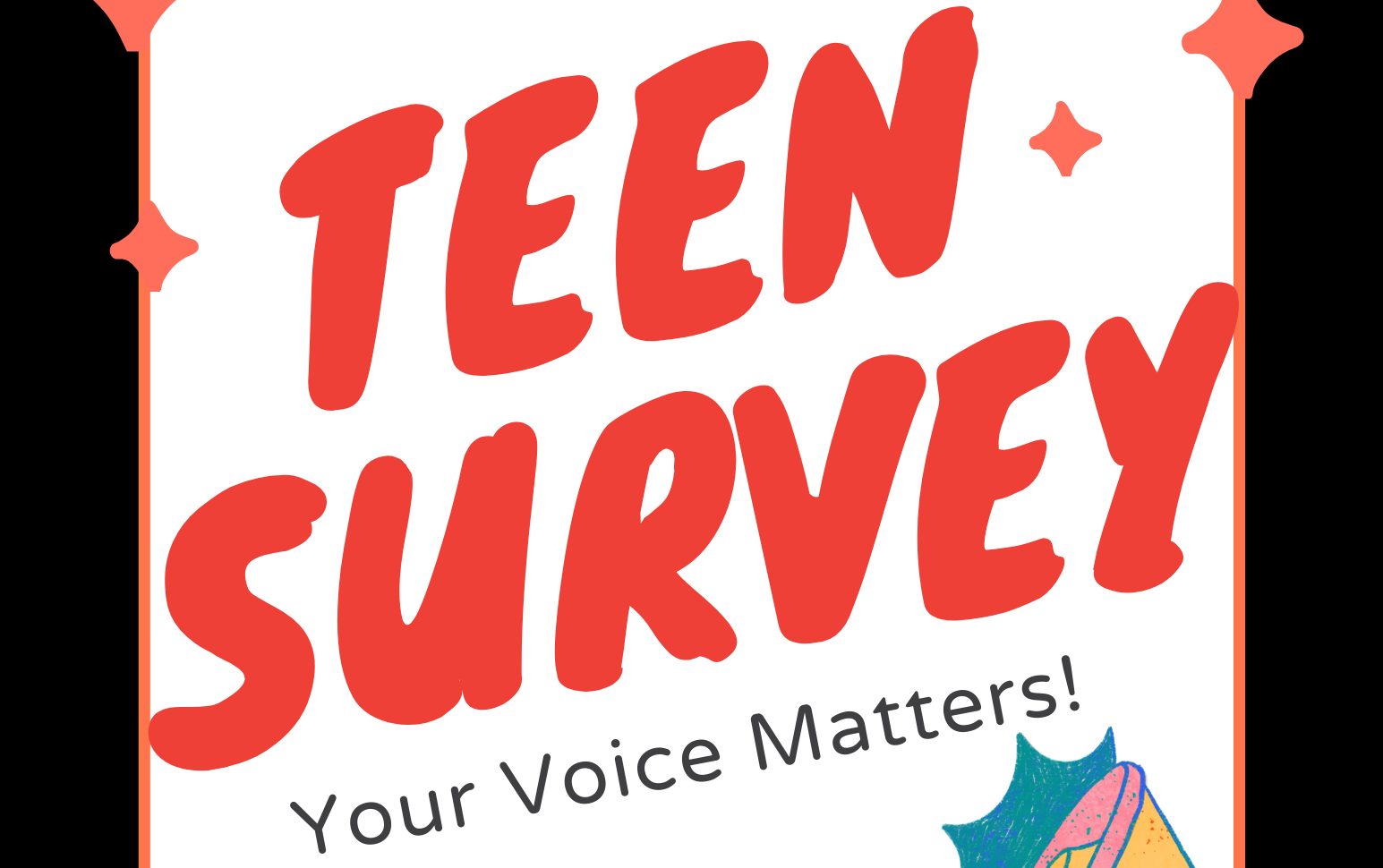Nearly 10,000 teens were diagnosed with HIV in 2013 and the rate continues to increase, especially for those living in metro Atlanta. According to the Centers for Disease Control, Atlanta is the fifth highest US city for new HIV infections. Additionally, in 2012 there were 26,743 new HIV diagnoses in Atlanta, with many cases affecting those aged 16 to 24.
“The thing I want people to understand about HIV is that they are not alone,” says Larisa Niles-Carnes, a health educator at the Grady Infectious Disease Program (IDP) pediatric unit. “Sometimes people with HIV feel isolated or they feel like they are the only one with HIV, and that’s simply not true.”
Thanks to modern medicine, scientists have created medicines to prevent and treat HIV infections. Getting tested can be fearful for first timers, so here are some basics to know about treatment and where you can get tested.
Treatment Options
Two of the most common forms of treatment are pre-exposure prophylaxis (PrEP) and post-exposure prophylaxis (PEP).
Think of pre-exposure prophylaxis, or PrEP, as how a woman would take birth control if she wanted to avoid a pregnancy: Every day the patient takes a pill to prevent an HIV infection. This medication is for someone who is partaking in risky behavior, such as unprotected sex or sharing hypodermic needles.
According to the CDC, “the risk of getting HIV infection was much lower — up to 92 percent lower — for those who took the medicines consistently than for those who didn’t.”
Post-Exposure Prophylaxis, or PEP, on the other hand, is similar to emergency contraceptive in that it is taken after having sex or sharing needles with an HIV-infected person. Ideally, the medicine is taken within the first 72 hours and for 30 days after, Niles-Carnes said, adding once the 30 day treatment has elapsed the patient is then tested for HIV. According to the CDC, there are no non-life threatening side effects.
PrEP and PEP may have helped reduce viral loads or avoid infection, along with other treatments such as Strivild (a medicine “used to treat HIV-1 in adults who have never taken HIV-1 medicines before,” according to the company’s website), but the only way to make that possible is getting tested.
If you are worried about being infected and not being able to pay for the medication there are federally funded programs such as the Ryan White HIV/AIDS Program and AIDS Drug Awareness Program to assist with medical costs.
Staying Consistent
Mike Lawrence, 27, a student at Atlanta Metropolitan State College was first diagnosed with HIV when he was 21 after ending a three-year relationship with his HIV infected partner.
“As soon as it came out of my mouth, that’s when I had needed a moment, I had broke down when it came out of my mouth for the first time,” he said after hearing his initial diagnosis. His first medication was Atripla, whose side effects can range from headaches and dizziness to pale stool and unusual dreams, of which he did not experience.
Consistency is key when taking treatments for HIV. If there is an extended time where the medication is not being taken, the body can build an immunity to it. Currently, Mike is taking Prezista, Truvada, Norvir as alternatives to Atripla, all of which do not cure HIV but slow the progression of the infection to prolong the patient’s life.
Post-Diagnosis Options
So you’ve made the decision to take charge of your health by getting tested for HIV. So where can a teen go? There are many places in the metro-Atlanta area to receive free HIV testing, but Grady’s Infectious Disease Program (IDP) strives to be a one-stop shop for teens with HIV.
The clinic treats 130 teens between the ages of 13 and 19, where they can get help with housing if they happen to be homeless, and aid to cover medical costs. The clinic also offers counseling and support groups to ease teens after their diagnosis.
In order to receive treatment at Grady’s IDP clinic, a teen must present a Georgia ID, proving you are a state resident, an insurance card if you have it (if not, government funding covers medical expenses) and a parent or guardian if you are under the age of 18.
No matter if you feel that you are HIV negative, it is always a good idea to get tested if you have been sexually active or partaking in risky behavior. The more you know the easier you can rest.




